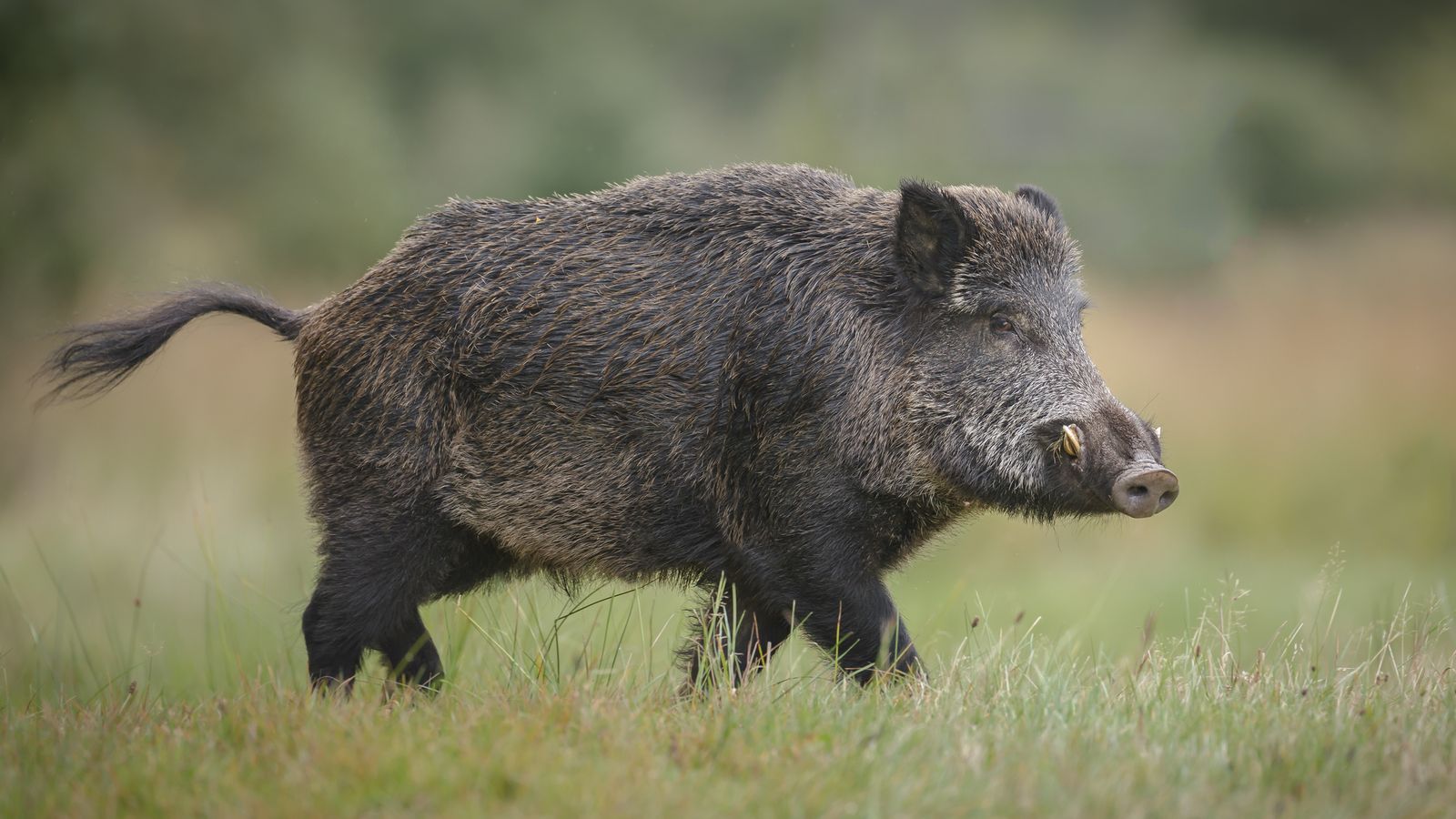For decades, high levels of radioactivity have been found in wild boars across central Europe – and a new study explains why.
It has long been assumed the Chernobyl nuclear disaster was to blame, but research suggests the root cause actually dates back further.
Scientists have established that much of the contamination links back to the testing of nuclear weapons during the Cold War in the 1960s.
There are warnings that the release of radionuclides can pose potential threats to public health – persistently contaminating the food chain and creating a risk of traditional exposure.
“More than ever, with threats of nuclear strikes or accidental releases in the course of the Russo-Ukrainian war, it is now imperative to be able to identify the source of any release… and evaluate their environmental consequences,” the study says.
For years, scientists have been scratching their heads over a phenomenon called the “wild boar paradox” – as even though radioactivity levels should fall over time, there has not been a significant decline in levels in the animals since 1986.
This has been linked to the fact that they often eat deer truffles from contaminated soil, which has slowly absorbed radioactive material from the past 78 years.
Ukraine war: Russian troops have dug up Chernobyl’s poisonous legacy – and they may have taken it into their own country
Ukraine war: All contact with Chernobyl power plant has been lost, officials tell UN’s nuclear watchdog
Russian capture of Chernobyl sparks fears for hostages and condition of exploded reactor’s shelter
According to the UN, a quarter of all the nuclear tests that have been carried out were exploded in the atmosphere, with global winds in the days afterwards spreading fallout far and wide.
After the first test was carried out on 16 July 1945 at a desert site in Alamogordo, New Mexico, the United States exploded more than 200 in the atmosphere, the Soviet Union more than 200, Britain about 20, France about 50 and China about 20.
Read more from Sky News:
How Oppenheimer’s legacy still haunts us today
North Korea simulates ‘scorched earth’ nuclear strike
Watch – could we see nuclear disaster?
The study’s authors analysed wild boar meat samples from 11 districts in the German state of Bavaria between 2019 and 2021 – with 88% over the country’s regulatory limit for contamination levels.
“Once released, radiocaesium will remain in the environment for generations and impact food safety immediately and, as shown in our study, for decades,” they wrote.







